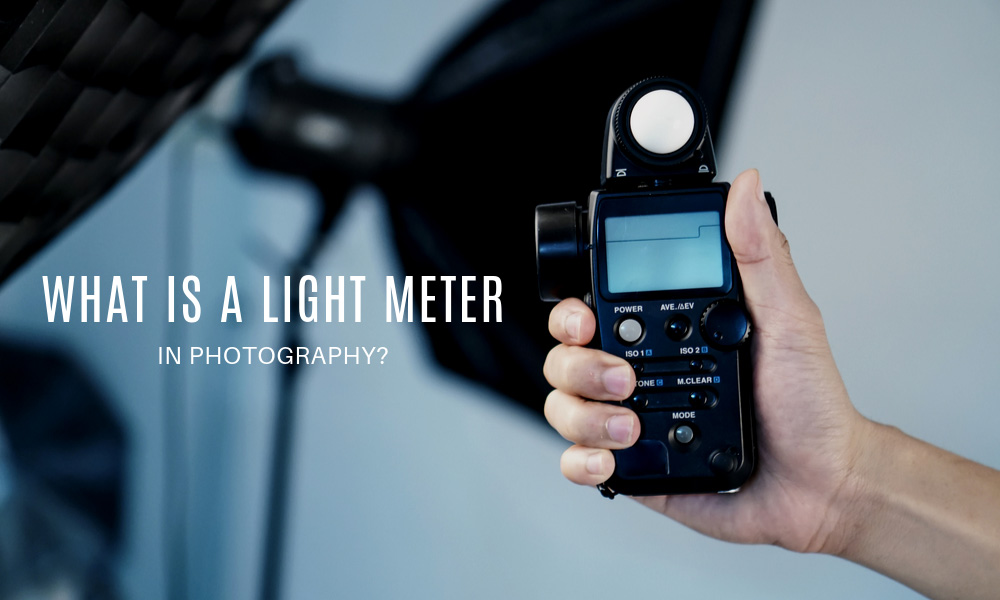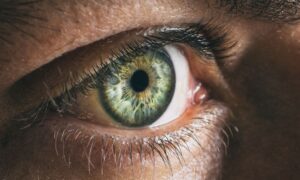There is so much more to photography than just picking up a camera and snapping a photo. Photographers must consider lighting, spacing, and object placement before they can even think about taking a picture. Photographers must also have the right equipment to capture the perfect image. This includes a light measuring device known as a light meter. Light meters are necessary to photography; anyone involved in photography should know what they are and their importance in the field.
What is a light meter?
Simply put, a light meter is a device that measures light. There are two different kinds of light meters—incident and reflective. An incident light meter measures all the light falling onto a subject. Incident light meters help a camera focus on a subject regardless of how light or dark the surrounding background is. Reflective light meters do the opposite—they measure the light reflected by or bouncing off a subject.
Role light meters play in photography
Light meters are extremely useful tools in photography. Essentially, light meters help photographers capture the perfect image tone. These light measuring devices help photographers know if part of an image is overexposed or underexposed. There are specific types of photography where light meters can be particularly useful, including landscape and portrait photography.
Landscape photography
Incident light meters are extremely helpful in landscape photography. As long as the light is even-keeled throughout the scene, you only need to take one measurement—meaning you don’t need to travel around an area to get several measurements. Simply hold the light meter out in front of you and record the calculations. Things change a bit when discussing reflective light meters. When trying to get a read of the reflected light in a landscape photo, measure three points of the shot (darkest, brightest, and middle tone) and take their average recording.
Portrait photography
Light meters can be invaluable when taking portraits. When using an incident light meter, hold it towards the subject right near the light source. You have a little more freedom with portrait photography because if you wanted to produce a lighter image, you could simply adjust your meter higher than what the reading suggested. Reflected meters require three spots again (still the darkest, brightest, and middle tone). Again, don’t be afraid of creativity. If you want your image to be a little darker, adjust your settings to mimic the darkest measurement.
Photographers must know what tools they need to capture the perfect image. It is a photographer’s responsibility to understand how the equipment is used and its role in taking the perfect picture. Luckily, Gamma Scientific is here to help. Our team has many experts in the photonics industry and sells high precision light measurement equipment to ensure both light meters and sensitive image sensors on cameras are calibrated to the highest standards. So, whether you’re an experienced photographer or just starting out, don’t be afraid to explore our page and let us help you in any way we can.





